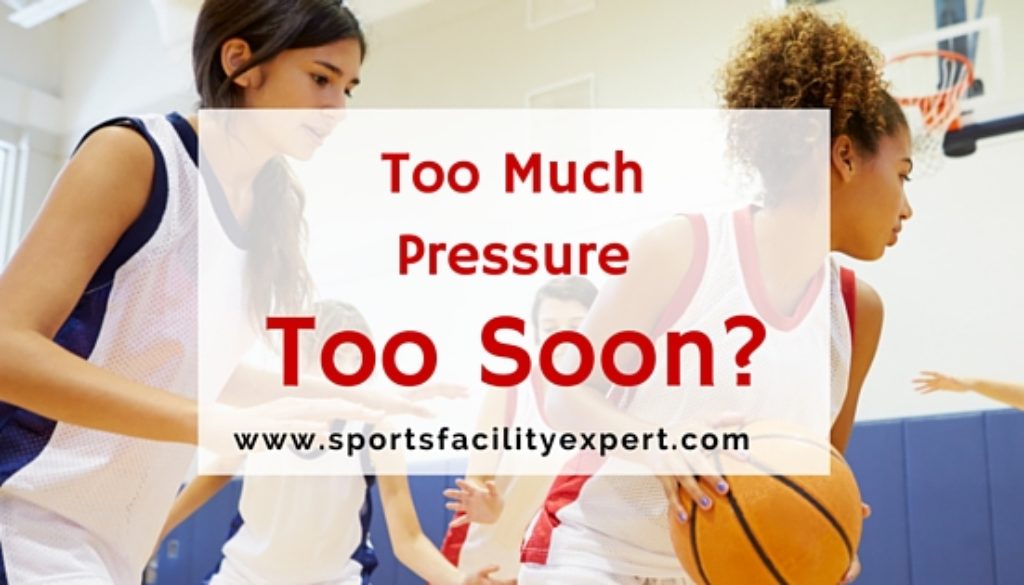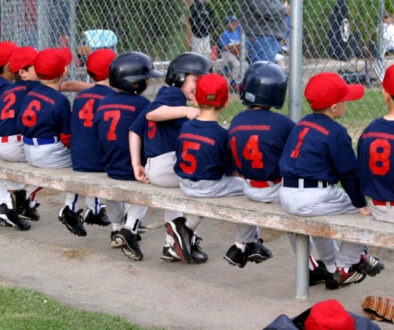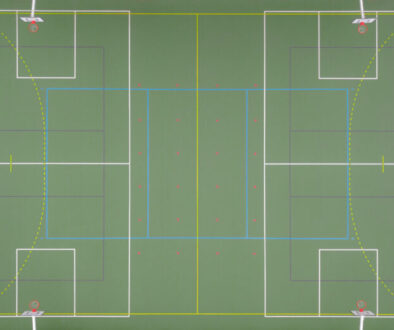Easing the Pressure to Specialize in a Sport Too Early
As you know, there’s a trend in youth sports toward more intensity, more games, more competitiveness, and more elite training.
So I wasn’t exactly surprised that the results of a survey of NCAA athletes found that an increasing number of athletes had specialized in their sports by a young age, influenced by parents with high expectations.
However, the survey also found that those athletes often regret that early specialization, wish they’d had a chance to play other sports, and thought they’d played too many games when they were too young.
Pressure to Excel in One Sport Can Hurt Kids
Parents’ logic is that by choosing one sport early, they’ll give their kids a competitive advantage over their peers to eventually reach a college or professional level.
But as this Washington Post article points out, for every kid that successfully makes it to the college level, many others quit sports altogether because of injuries and burnout. This has contributed to an overall decline in participation in youth sports – which one study estimates has dropped 10 percent from 2009 to 2014.
As leaders in the youth sports industry, we should want all kids to be encouraged to play sports – and younger kids should try a variety of them, because that helps to develop smart, well-rounded players later.
Sports Businesses Benefit from Specialization
Frankly, most of our sports academies have benefited from the trend toward more competitive youth sports and more families specializing in one sport year-round.
As parents take sports more seriously, they’re willing to spend more for extra camps, private training, and the most competitive teams. It’s easy to sell to parents who think their investment will pay off with a chance at college play or even a college scholarship for their child.
Of course there’s nothing wrong with selling elite training or with helping kids reach their goals of making a college team, as long as we do it the right way.
What We Can Do
Here are four things we can do about this issue as sports facility owners.
Emphasize the benefits of sports for sports’ sake.
Sports teach kids teamwork, confidence, sportsmanship and the importance of practice and persistence, and of course they’re great for kids’ health. But perhaps most importantly, they’re fun! We need to make sure that we’re talking about these benefits to parents as we explain how training can get them to the next level.
Help parents put things in perspective.
The NCAA survey found that today’s athletes have grown up in families that had very high expectations for them athletically. This puts a lot of pressure on kids and may even give them an overinflated sense of their abilities, which just sets them up for failure. (The survey found, for example, that 27% of Division III men’s basketball players thought they were somewhat likely to play professionally.) We need to be very honest when talking with parents about the odds of their child’s success and do what we can to make sure that they’re investing in training for the right reasons. Parents trust us our opinions as coaches and professional trainers, so we’re in a good position to help kids deal with this family dynamic.
Offer more programs for non-elite athletes.
Declining participation in youth sports isn’t just bad for society, it’s bad for our businesses. We all know there are a lot of kids out there who could really benefit from sports who aren’t playing them. Many of them just need to find a good fit, and it’s our job to provide those opportunities. The general conditioning classes my sports facility offered through our Parisi Speed School, for example, were a good way to get kids who weren’t as athletic introduced to fitness and training so they had the confidence to try more organized sports. (Related post: Why I Sold My Sports Facility).
Integrate non-sport specific training.
There’s no reason that even single-sport-academies can’t emphasize a variety of learning and training techniques. Athletes who train for strength and agility are less likely to be injured, and the variety of training gives them a chance to take a break from sport-specific training.
We’re all familiar with the competitive drive to win that pushes both athletes and their parents to seek every chance they can to get ahead. It’s easy to get caught up in this ourselves and push our elite athletes too early, or at expense of the many other average athletes who need our help and attention. When you find yourself going there, think about the NCAA athletes in the survey who have achieved what their coaches and parents hoped for them, only to look back with some regret for missing out on childhood opportunities.



